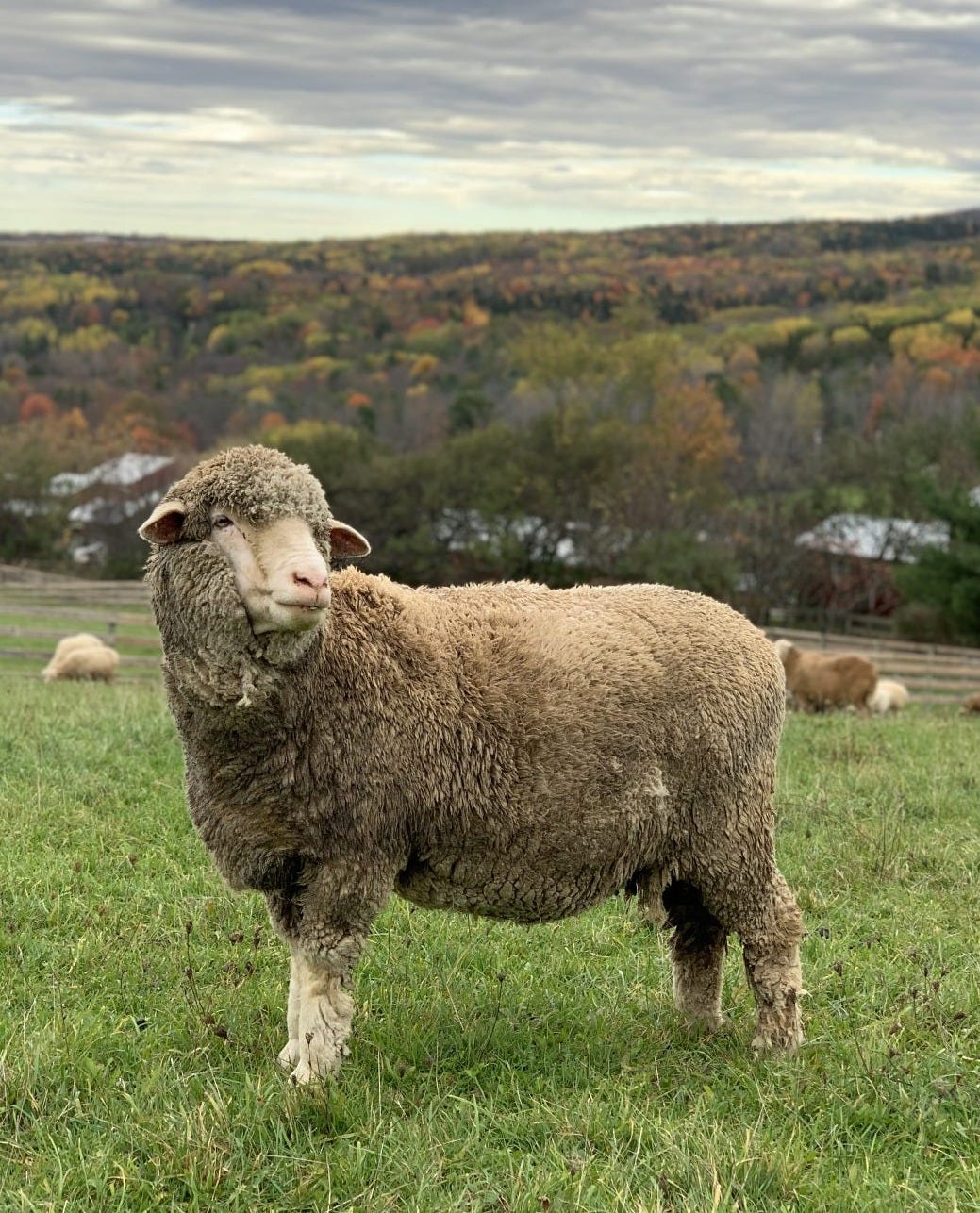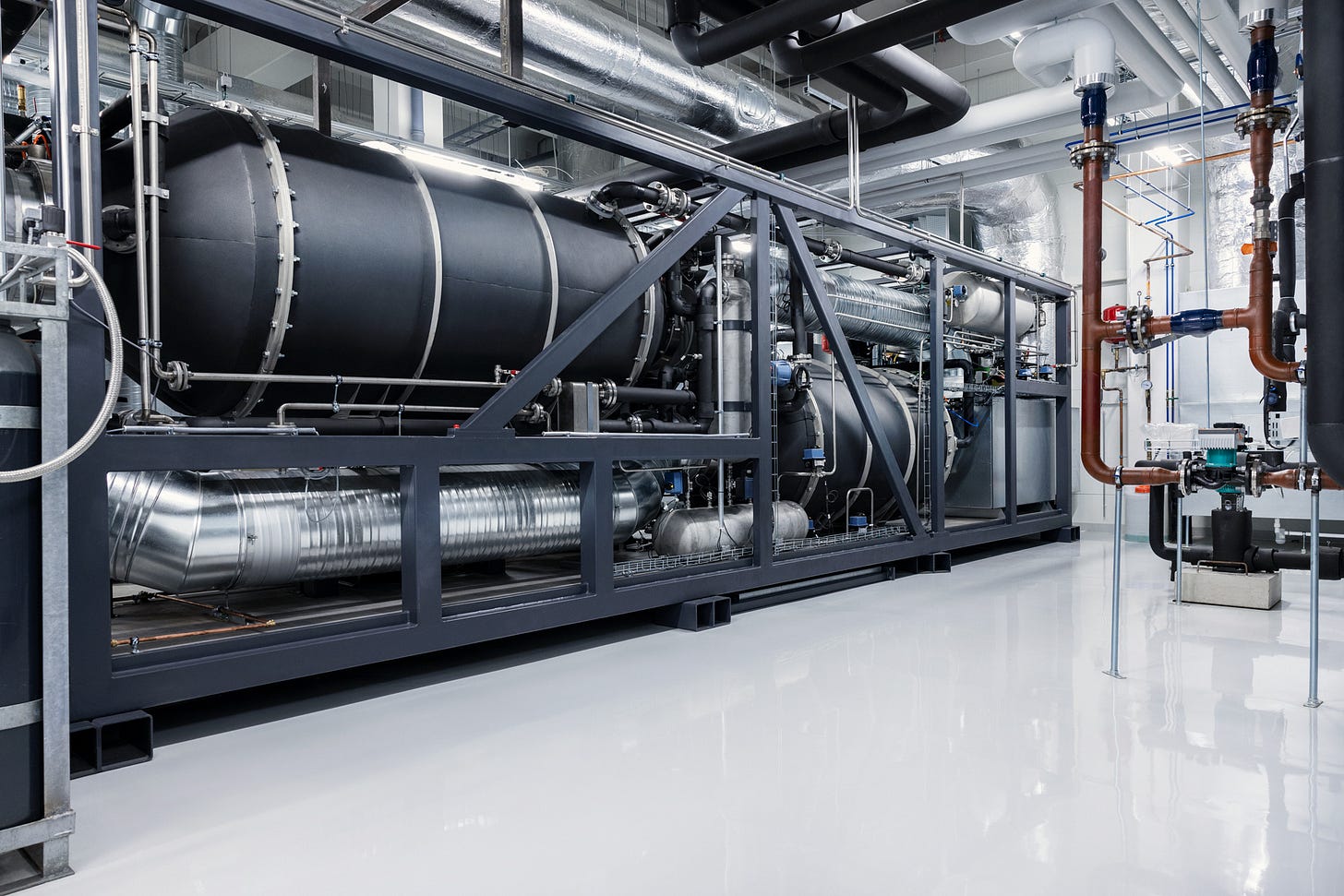Compared to, say, twenty years ago, it’s much easier to find vegan restaurants, plant-based milk alternatives at your favorite coffee shop, and meatballs, cheeses, and burgers which have nothing to do with animals. Articles about vegan food in mainstream media elicit much less ridicule and criticism. Predictions about a certain, quick demise after a few months of a diet which is free of animal products have all but disappeared.

And yet, global meat production has more than tripled over the past 50 years, 98% of American households purchase meat (according to the Meat Institute, a global trade association which represents processors of beef, pork, lamb, veal and poultry), and the number of vegans and vegetarians is growing very slowly – if at all.
In the face of the climate crisis, this is an unfortunate development. Back in 2006, the United Nations published their report Livestock’s Long Shadow: Environmental Issues and Options, the first global estimate of animal agriculture’s contribution to human-caused climate change. Since then many other studies have warned of devastating environmental consequences unless the livestock industry’s emissions are more regulated and curbed. So far, this hasn’t happened: U.S. meat producers employ a powerful lobby which spends millions of dollars to obstruct unfavorable policies as well as influence climate change policy and discourse. Often, they do so by awarding funding to university experts who then produce studies which dismiss the serious effects of factory-farmed animals on the climate.
“[T]hese efforts have downplayed the livestock sector’s contributions to the climate crisis, minimized the need for emission regulations and other policies aimed at internalizing the costs of the industry’s emissions, and promoted industry-led climate ‘solutions’ that maintain production”.
Well, it’s BIG business: the market value of the global dairy industry, for example, was about 893 billion dollars in 2022 (using the milk from some 270 million cows), and is expected to grow to 1,243 billion dollars by 2028. But it costs dearly:

Livestock’s greenhouse gas emissions are listed right after fossil fuel production as one of the most destructive industries on the planet. In fact, as I’ve written before, some scientists claim they’re Number One. But that’s not all; CAFOs (Concentrated Animal Feeding Operations) and factory farms cause horrible air pollution and contaminate the groundwater, resulting in serious public health risks – just ask somebody who lives a few miles away from a pig farm in North Carolina.
The run-off from CAFOs contain animal excrement which leads to high nutrient loads in near-by creeks and rivers. This stimulates the growth of algae which causes the death of other aquatic organisms – a process known as eutrophication. And if that wasn’t enough, antibiotics, metals, microplastics, fertilizers, herbicides and pesticides are some of the other contaminants which end up in the ground and waterways.

If you want to SEE what’s going on, watch the video below: “Environmental activists undertake airborne surveillance missions and on-the-ground sampling to protect communities from the air and water pollution produced by industrial-scale hog and poultry operations near them”.
The many companies that produce dairy- and meat free alternatives to food staples such as hot dogs, burgers, cheese, milk, and yogurt have to struggle against the powerful animal agriculture lobby. While the sale of products from brands such as Impossible Foods and Beyond Meat surged when they became available around 2019, the meat industry countered with ads and articles about “fake meat”, using buzzwords such as “ultra-processed”, “high sodium”, and the worst: “lab-grown” (which they are NOT). Since then, net revenues have decreased – not surprisingly.
So, what can be done to stop the devastating impacts of factory farming on climate and environment, when people refuse to go vegan? The British author, journalist, and producer of the documentary Apocalypse Cow George Monbiot offers a quite radical solution in a recent The Guardian article: replace animal agriculture with precision fermentation, a technology that produces something that can look like meat or cheese, taste like meat or cheese, has the nutrients of meat or cheese, but – is made from fermented bacteria. Come again – say what? Yes, micro-organisms such as yeast and bacteria are brewed together in factories to make protein.

If this sounds crazy at best and totally disgusting at worst, it may help to know that precision fermentation is already widely in use: it produces beer and wine, kimchi and sauerkraut, but also pharmaceuticals such as insulin and even penicillin. And the factories can use solar energy and wind to run.
Let’s repeat this: micro-organisms such as bacteria, yeast, or fungi can be used to build a protein that is identical with whey for example, but has nothing to do with cows. The microbes feed on hydrogen or methanol, which can be produced with renewable electricity, and they can replace meat, fish, milk, and eggs better than plant-based products because the taste can be just about identical. Manufacturing uses way less land and water than animal-derived products, has minimal greenhouse gas emissions, and would eliminate long-distance food shipping.

One Finnish company, Solar Foods, has already started production: they make solein, which was used for a dish of ravioli where solein replaced egg, and with a solein version of cream cheese.
The claim that the proteins are made out of thin air is ‘never more than 95% true’, says [Solar Foods co-founder] Vainnika : 5% of the mixture in the brewing vessel is a solution containing other minerals needed by cells, such as iron, magnesium, calcium and phosphorus.1
Another start-up, operating from Oakland, California, is New Culture: “Cow Cheese Without the Cow”. Their creamy, melty, and stretchy mozzarella cheese is made with casein produced through precision fermentation, so it tastes just like what one is used to, but is completely animal-free.
Change Foods is yet another recently founded company in the San Francisco/Bay Area that offers dairy products made with proteins that come from fermented microbes. “Yes to protein, calcium, and deliciousness. Hold the cholesterol, hormones, and antibiotics” they declare on their website.
If you think all this sounds too strange, please know that over 90% of regular cheese made with cows’ milk contains fermentation-produced chymosin (FPC), an enzyme found in rennet. Cheesemakers use rennet to separate the milk into solid curds and liquid whey. Traditionally, this was obtained from the fourth stomach chamber of young, nursing calves which was extracted when they were slaughtered. Because the production of rennet with FPC is more efficient, nowadays almost all commercial cheese is made with it.
So, what is your opinion – will it be possible to transition the world’s food production from CAFOs and factory farms to microbe-based foods with a minimal CO2 footprint? Personally, I wish people would simply switch to plant-based food; I think the world would be a better place if animals wouldn’t be slaughtered and exploited any longer. I think there would be less killing and less wars. What do you think? Please leave a comment!





I am a huge fan of precision fermentation. I really do think it will entirely disrupt the animal farm industry. Here is Tony Seba on the topic. Thank you, Jessica.
https://youtu.be/g6gZHbfK8Vo?si=aG4gplBNEO2sz48D
Thanks again for your researched, excellent information. Bless your heart 💕